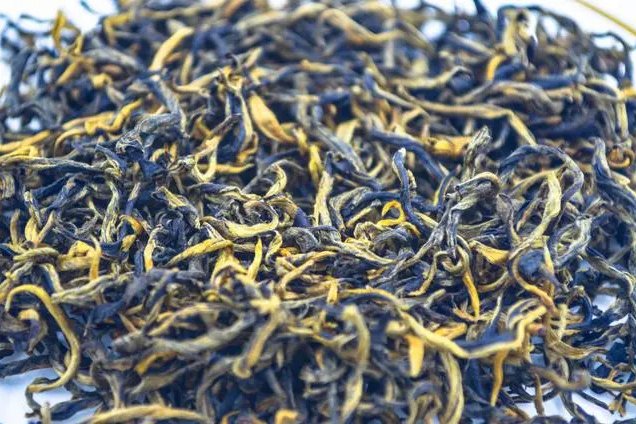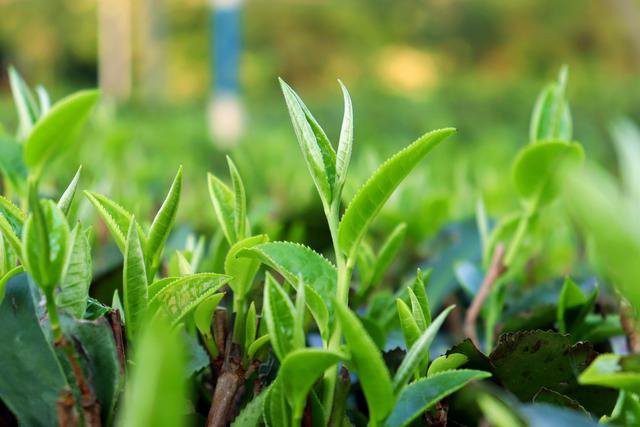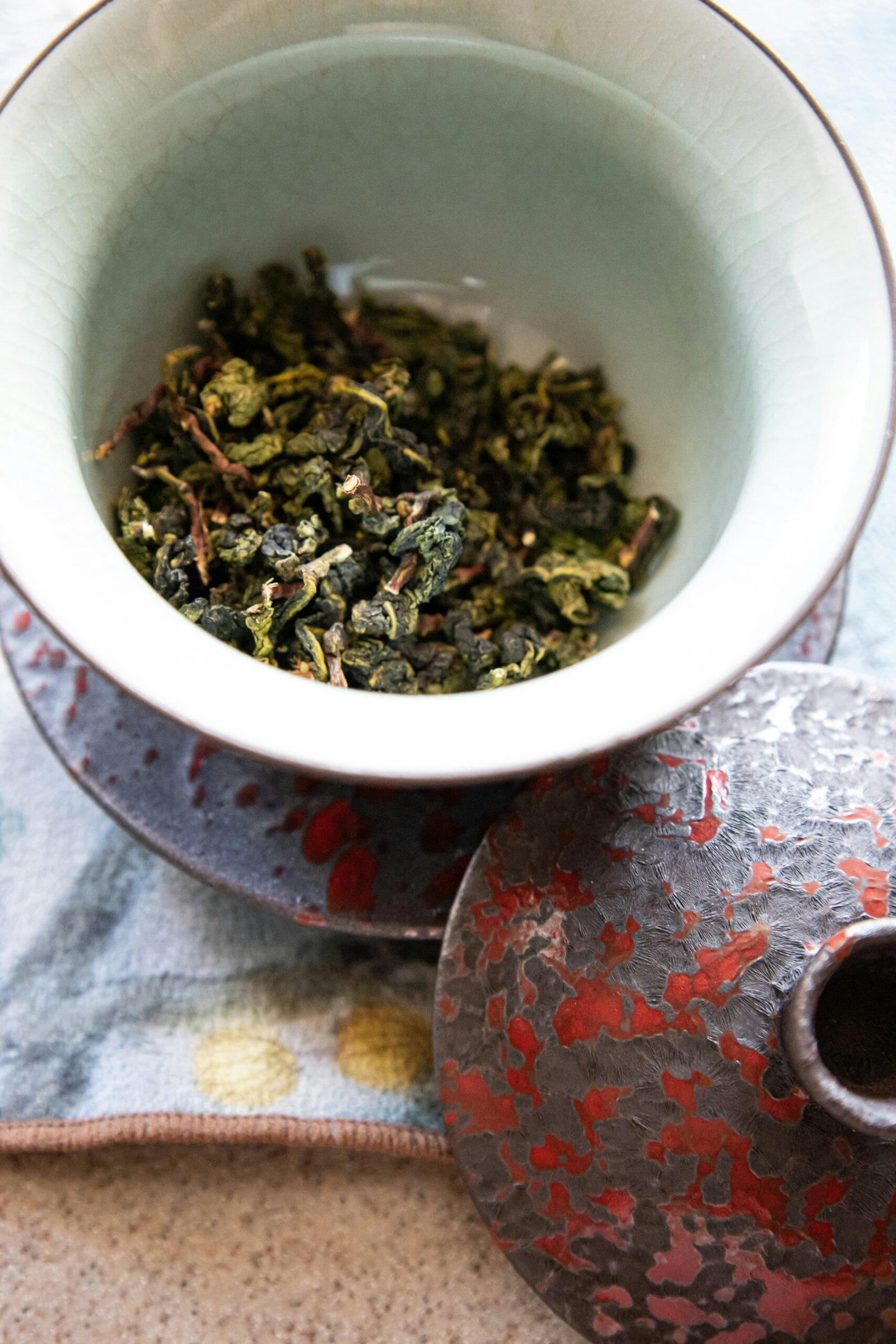Chinese black tea, a cornerstone in the realm of teas, boasts a storied history and profound cultural significance that dates back centuries. Emerging from the verdant hills of China, this distinctive tea variety has played an integral role in Chinese heritage, weaving itself into the social and cultural fabric of the country. As one explores its origins, it becomes clear that Chinese black tea is much more than a mere beverage; it is a symbol of tradition, artistry, and meticulous craftsmanship.
The journey of Chinese black tea began in the 17th century when it was first produced by fermenting the leaves of the Camellia sinensis plant. Initially referred to as “red tea” due to its coppery hue, it quickly gained popularity both domestically and internationally. Chinese black tea encompasses a vast landscape of regional varieties, each with its own unique characteristics and flavor profiles. From the malty richness of Dianhong black tea from Yunnan province to the smoky essence of Lapsang Souchong black tea from the Wuyi Mountains, the spectrum of flavors is as diverse as the regions they hail from.
Keenum black tea, another esteemed variety from the Qimen County, is renowned for its delicate balance of floral and fruity notes, while Chuanhong black tea offers a rich, bold taste that has endeared it to many. Thé noir Yingde, cultivated in the favorable climate of Guangdong, provides a velvety smoothness that appeals to a wide audience. Jinjunmei black tea, often considered a luxury, is celebrated for its complexity and golden tips, underlining the artistry in its production.
The unique characteristics of Chinese black tea, including its robust flavor, fragrant aroma, and varied appearance, have rendered it a perennial favorite among tea enthusiasts worldwide. Its ability to adapt and retain its esteemed status through centuries is a testimony to its timeless appeal. Today, Chinese black tea continues to be a beloved choice, offering not just a drink, but an experience steeped in history and rich with the essence of Chinese culture.
Health Benefits of Chinese Black Tea
When it comes to promoting overall well-being, Chinese black tea stands out as a superior choice. This versatile beverage, encompassing varieties such as Yingde black tea, Chuanhong black tea, and Lapsang Souchong black tea, is renowned for its rich antioxidant properties. These antioxidants, primarily polyphenols, play a crucial role in neutralizing free radicals in the body, thus reducing oxidative stress and lowering the risk of chronic diseases.
Scientific studies have demonstrated that regular consumption of Chinese black tea can significantly enhance cardiovascular health. A study published in the “European Journal of Clinical Nutrition” found that individuals who consumed black tea regularly experienced decreased LDL cholesterol levels and improved arterial function. This heart-healthy benefit is essential, considering cardiovascular diseases remain one of the leading causes of mortality globally.
Furthermore, Chinese black teas like Keemun black tea and Dianhong black tea can aid digestion and assist in weight management. The presence of theaflavins and thearubigins in black tea improves gut health by fostering a balanced gut microbiome. This beneficial interaction contributes to more efficient digestion and aids in the prevention of gastrointestinal issues. Additionally, black tea’s modest caffeine content can boost metabolism, thereby facilitating weight management when coupled with a healthy lifestyle.
Moreover, research highlighted in the “Journal of Medicinal Food” has shown that Chinese black tea can enhance mental alertness and improve cognitive functions. The combination of caffeine and the amino acid L-theanine provides a balanced mental boost without the jitteriness often associated with other caffeinated beverages.
Comparatively, while other teas like green and white tea offer health benefits, Chinese black tea’s comprehensive role in enhancing cardiovascular health, supporting digestion, and aiding in weight management makes it a compelling choice for daily consumption. By making Chinese black tea a staple in your diet in 2024, you can enjoy a delicious beverage that significantly contributes to your overall health and well-being.
How to Choose the Best Chinese Black Tea
Selecting the finest Chinese black tea involves a comprehensive understanding of several essential factors, including the tea’s origin, leaf quality, and processing methods. These elements contribute significantly to the flavor profile and overall experience of the beverage. When venturing into the world of Chinese black tea, focus on these key aspects to make a well-informed choice.
The origin of the tea is paramount. Various regions in China produce distinct types of black tea, each renowned for its unique characteristics. For instance, Keemun black tea from the Qimen County in Anhui province is celebrated for its rich, fruity flavor and complex aroma. Similarly, Dian Hong black tea from Yunnan province offers a robust taste with pleasant notes of malt and spice. Lapsang Souchong, hailing from the Wuyi region, is known for its characteristic smoky flavor, achieved through an intricate process of drying over pine wood fires.
The quality of the tea leaves plays a critical role in determining the overall taste and aroma. Look for whole leaves with a consistent color and minimal breakage. Leaves should have a glossy sheen, indicating good quality and proper storage. In the case of premium varieties like Jinjunmei black tea, the buds are meticulously hand-selected, ensuring a delicate, sweet, and floral cup.
Processing methods also greatly influence the flavor profile of the tea. Traditional methods involve withering, rolling, oxidation, and drying. Each step is tailored to enhance the inherent qualities of the tea leaves. For example, Yingde black tea undergoes a unique fermentation process that results in a distinctive sweetness and mellow taste.
When reading tea labels, look for information about the origin, harvest date, and grade of the tea. High-quality teas often provide these details, which can offer insight into the tea’s freshness and flavor. Purchasing from reputable sources, whether online or from physical stores, ensures authenticity and quality.
Popular types of Chinese black tea include Keemun, Dian Hong, and Lapsang Souchong, each offering a unique flavor experience. Proper storage is essential to maintaining the tea’s freshness and flavor. Store tea in an airtight container away from light, moisture, and strong odors to preserve its quality over time.
Brewing Techniques and Enjoying Chinese Black Tea
Brewing the perfect cup of Chinese black tea involves both artistry and precision, allowing the unique characteristics of the tea leaves to flourish. Essential tools for the process include a high-quality teapot, an infuser, and a thermometer to monitor water temperature. Opt for teapots made from materials like porcelain or glass, which do not retain odors and allow for an untainted tea experience.
Water temperature is crucial when brewing different varieties of Chinese black tea, such as Yingde black tea, Keemun black tea, or Lapsang Souchong black tea. Generally, water should be heated to approximately 90-95°C (194-203°F) to avoid scorching the delicate leaves. Measure around one teaspoon of tea per 8 ounces of water.
For traditional brewing, start by rinsing your teapot and infuser with hot water to warm them up. Place your chosen Chinese black tea leaves in the infuser and add hot water. Allow the tea to steep for 2-3 minutes, as over-steeping can result in a bitter taste. Adjust the steeping time to your preference, as some may enjoy a stronger or milder brew.
In modern brewing methods, electric kettles with precise temperature controls and tea timers simplify the process. Another method is cold brewing, particularly beneficial for varieties like Dianhong black tea and Jinjunmei black tea. Simply combine tea leaves and cold water in a pitcher, and let it steep in the refrigerator for 6-8 hours to produce a smooth, refreshing brew.
Pairing Chinese black tea with food enhances the overall experience. Keemun black tea complements dark chocolate, lending a harmonious flavor profile. Yingde black tea balances well with savory dishes like roasted meats, while Lapsang Souchong black tea’s smoky notes are perfect for pairing with sharp cheeses.
Chinese black tea can be enjoyed throughout the day, whether as a morning boost, an afternoon indulgence, or a calming evening ritual. Experiment with different brews and pairings to fully appreciate the rich heritage and diverse flavors that Chinese black tea has to offer.













